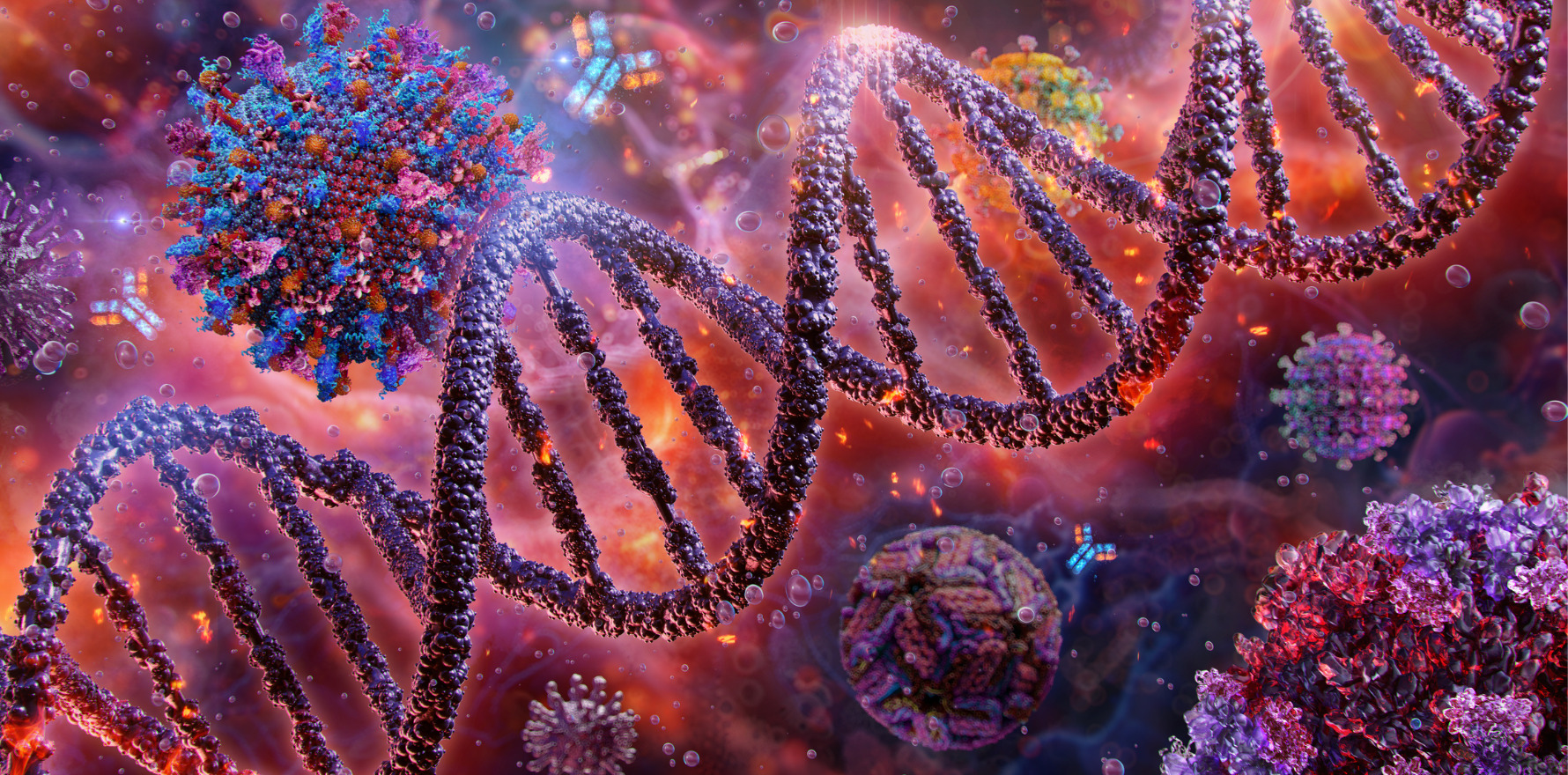A drug that targets the protein CDK11 can kill acute myeloid leukemia cells, researchers say.
Researchers have identified a protein that regulates gene expression in aggressive cancer such as acute myeloid leukemia and say an experimental drug that targets that protein can kill blood cancer cells.
Australian, Irish and German researchers found that the protein Cyclin-Dependent Kinase 11 (CDK11) regulates genes expression in blood cancer cells, and blocking CDK11 disrupts cancer growth and leads to the death of acute myeloid leukemia (AML) cells.
“Cancer cells exhibit profound reliance on CDK11, with CDK11 inhibition reducing tumour burden in in vivo models of blood cancer, demonstrating the importance of CDK11-dependent Pol II regulation for aggressive haematological malignancies,” the researchers said in Molecular Cell.
The researchers used in in vitro and in vivo models of human acute myeloid leukemia, and found that the small-molecule inhibitor OTS964, which targets CDK11, can kill cells in pre-clinical models of AML.
“Overall, these results reveal the striking dependency of myeloid- and lymphoid-based blood cancer models with distinct oncogenic drivers on CDK11 kinase activity, indicating that CDK11 inhibition may have the potential to provide robust therapeutic benefits in aggressive haematological cancers,” they wrote.
Lead author Dr Jennifer Devlin said their research showed that CDK11 was an “Achilles heel” of cancer cells.
“This research gives us a new angle on how we approach killing aggressive blood cancers like AML,” said Dr Devlin, a postdoctoral researcher at Peter MacCallum Cancer Centre.
Dr Devlin told Haematology Republic that thefindings “highlight the vulnerability of aggressive blood cancers to therapeutic strategies that target critical regulators of gene expression such as CDK11”.
“The research team will continue to study how regulators of pro-tumour gene expression may be effectively targeted for cancer therapy,” she said.
Related
“We are investigating the importance of other members of the CDK network for cancer cell survival, and whether combined targeting of the CDK and epigenetic networks will have enhanced therapeutic impacts.”
Senior author Professor Ricky Johnstone, Executive Director of Cancer Research at Peter Mac, said the findings could lead to new ways of treating cancers that are otherwise hard to treat.
“Cancer cells are masters of hijacking normal gene control. Our study shows that CDK11 is a crucial player in this process and without it, aggressive blood cancer cells can’t survive,” he said.
In the paper, the researchers added that the study “represents an exciting step forward in our fundamental understanding of how gene expression is controlled, with these findings suggesting that yet another critical layer of regulatory complexity may exist within Pol II transcription cycles”.
“The rapid, robust impacts of OTS964 treatment in two mouse models of haematological cancer strongly suggest the importance of CDK11 for the viability of aggressive malignancies and support further evaluation of anti-CDK11 therapies using longer-term survival studies in pre-clinical human cancer models,” they wrote.
The researchers said previous studies had shown that CDK11 was necessary for the survival and proliferation of a broad range of solid and non-solid cancer cell types, and OTS964 had been shown to be effective in in vivo models of human lung cancer.





